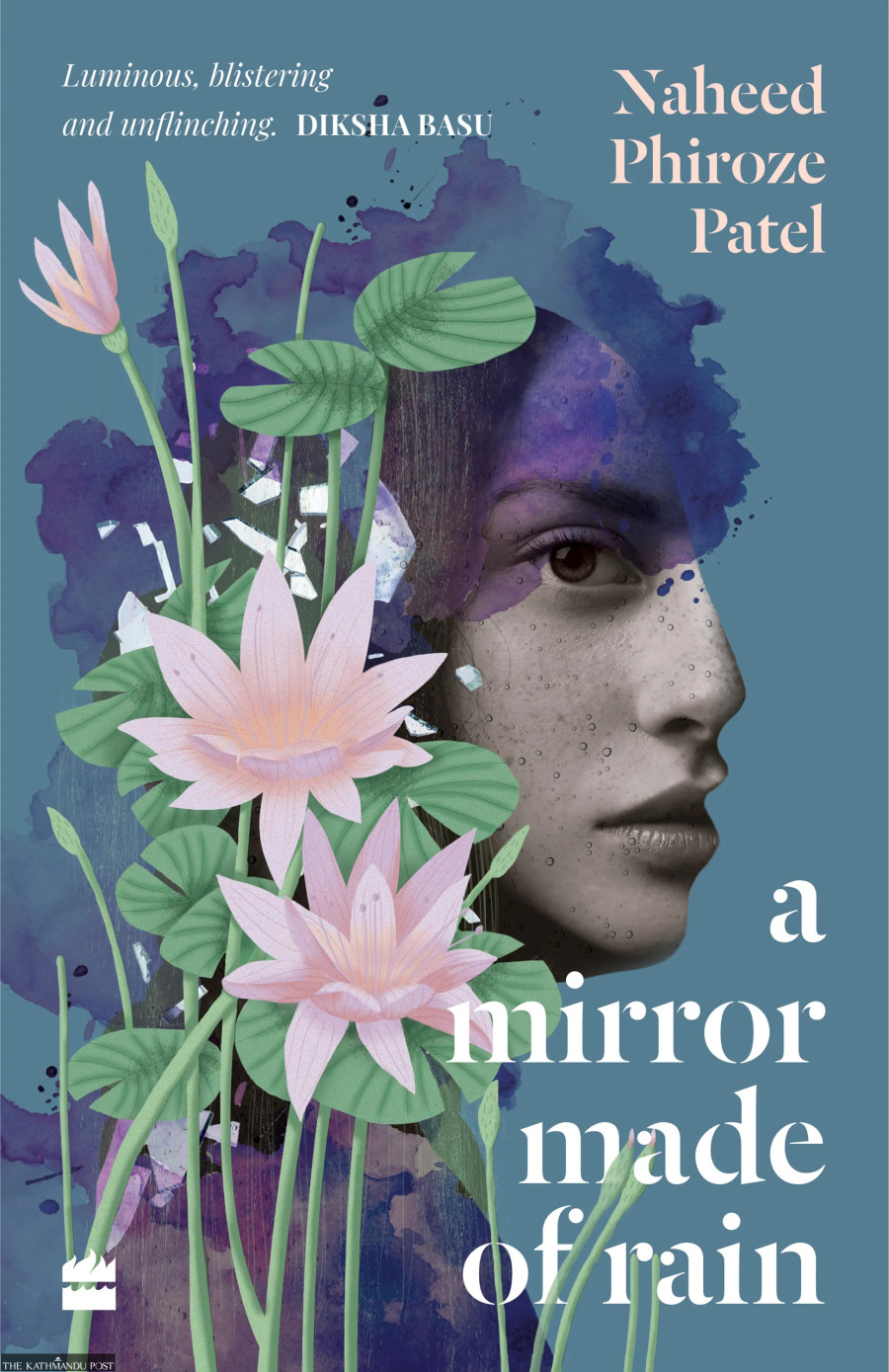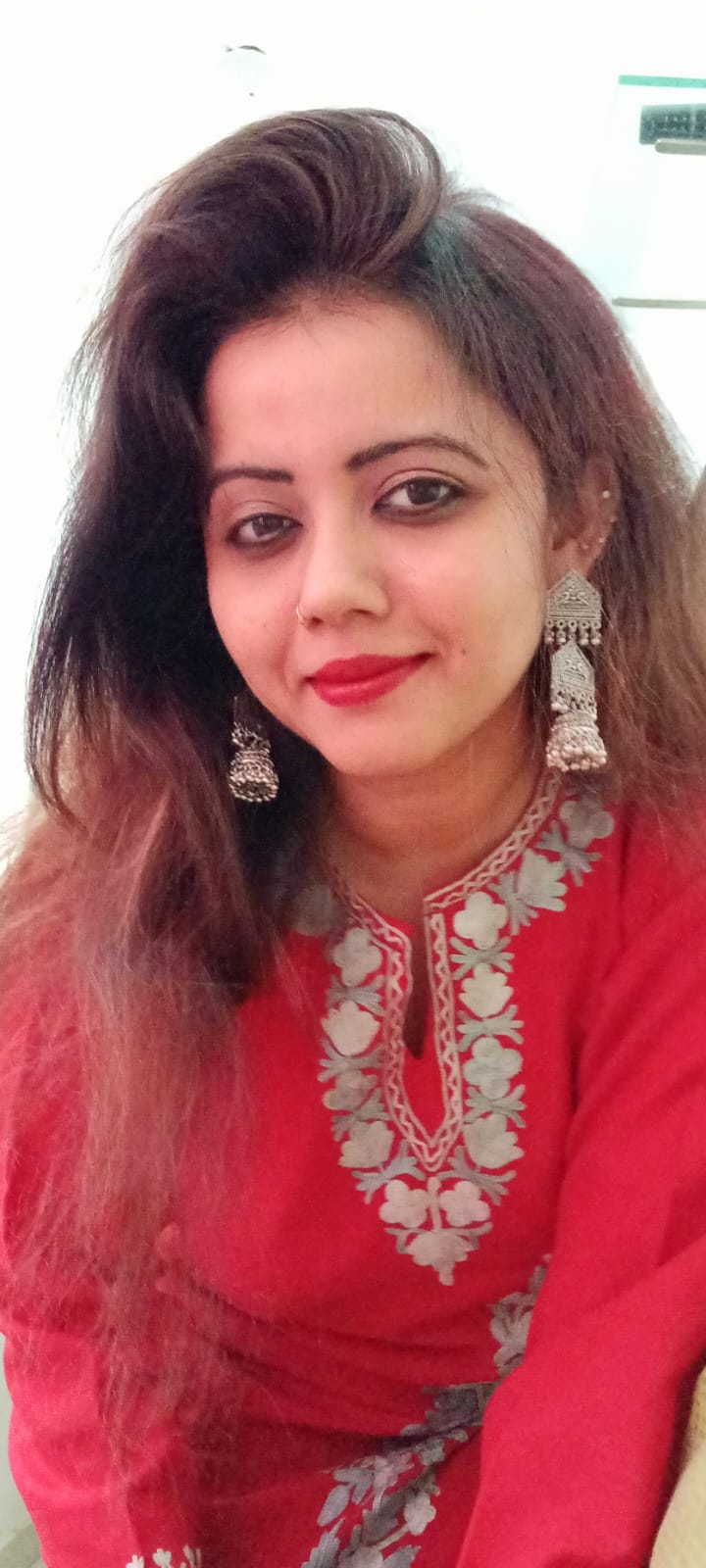Books
A novel on patriarchy and generational trauma
Patel's debut novel is a sincere attempt to give voice to underlying latent traumas while being realistic in her portrayal of familial bonding and hostility.
Fathima M
Leo Tolstoy famously said that “all happy families are alike; each unhappy family is unhappy in its own way”. Naheed Phiroze Patel’s debut novel, ‘A Mirror Made of Rain’, is about an unhappy family. Since there are myriad ways to be unhappy, this is one of a kind story with its peculiar kind of unhappiness.
The novel unleashes generational trauma and how women bear the brunt of this burden, which is rarely acknowledged or talked about. In a country where marriage is akin to a business deal, marrying someone like Asha Wadia, one of the central characters in the novel, is scandalous, and the whole narrative of blame is redirected towards her. Little is known about Asha’s childhood except that it was highly unstable. Without any supportive family members except her husband Jeh, who cannot help much, Asha turns to alcohol to soothe herself. Her difficult relationship with her daughter, Noomi Wadia, mirrors her own relationship with herself. Even though Patel tries to depict a conventional mother-daughter relationship, it is still a cliched picture on many levels.
Noomi is a complex character in many ways. She distances herself from her difficult mother and yet ends up becoming like her. The absence of a loving mother makes her rebellious, open to hypersexuality, and later a depressed wife. There is ample evidence that many adults become hypersexual if their childhood needs are not met, or they are victims of sexual abuse. None of the boys who abuse her sexually is held accountable, as is the norm in patriarchal societies. What is even more disturbing is that they are not even portrayed as criminals. For the sake of family honour, most parents overlook the sexual abuse committed within the extended family or by close friends.
The novel begins with the description of the tasteless parties of Sehgal that sheds light on the importance of social class in India and its significance in the entire novel. The class-conscious parties of Sehgal redirect our attention to the class system in the Parsi community in a small town in India. Even though the community doesn’t follow the rigorous Hindu caste system, we see that Parsis are as conscious of class hierarchies as anyone else. There is no mention of abject poverty, which again suggests the considerably privileged class of the Parsis.
Noomi bears the burden of generational trauma in the novel, and it remains unclear if she is able to break away from this vicious cycle. Even though it is evident that her self-destructive habits are more pronounced when she is around her mother, there is little support offered to her. Noomi also becomes a conventional character who runs away from the family to become independent and free, but nothing changes with the men. The men of the Wadia or Sehgal family remain wherever they are without facing any consequences for their actions, but Noomi bears the brunt of all kinds of abuses. The boys are spoilt, spendthrifts, and dumb, but Noomi is seen as troublesome. Had she been the family's son, the circumstances would have been entirely different for her.
Despite many cliched representations, there are important concerns that the novel raises. The first and foremost is the trauma of an unhealed past and the unrealistic expectations from women and their families. The Punjabi family drama during Noomi’s wedding and its paraphernalia is disappointing and rather hackneyed. The ostentatious display of wealth in Indian weddings seems to be rather embarrassing. The novel also portrays the Punjabi community as more rigid and traditional than the Parsis. All the conversations between the two families regarding the wedding are tasteless and full of hostility, as is common in most communities in India. This is partly due to the gender biases where the girl's family is expected to bow down, and the girl is expected to “feel lucky” to be able to marry an able boy. This is annoying for Noomi, as it should be for any woman, to be constantly reminded that men are doing some kind of favour by marrying women, even when women might be merely compromising in the name of marriage. Sadly, this is a reality in India’s patriarchal and sexist society, and Noomi conforms to society’s norms in her own way. Patel’s attempts at portraying the Indian upper-middle-class are astute, and it depicts the tyranny of patriarchal structures so deeply ingrained across class and religious beliefs.
The difficult mother-daughter relationship continues until the end, and Patel uses different geographical spaces to capture the complexity of human relations. Noomi has little empathy for her mother’s loneliness, just like Asha has no clue about her daughter’s temperament and traumas. They remain strangers to each other until the end, irrespective of their shared traumas. They are mostly agitated with each other, and they subvert the illusion of a perfect mother-daughter relationship. After multiple losses, Noomi still emerges as a good wife, or at least that is the image Patel tries to paint in the novel. This becomes an obvious flaw in the novel, suggesting Noomi’s failure to break away from her family trauma. Patel's debut novel is a sincere attempt to give voice to underlying latent traumas while being realistic in her portrayal of familial bonding and hostility.
The author has a doctorate in English from Jawaharlal Nehru University, New Delhi.
A Mirror Made of Rain
Author: Naheed Phiroze Patel
Publisher: Fourth Estate India
Pages: 244




 22.93°C Kathmandu
22.93°C Kathmandu










